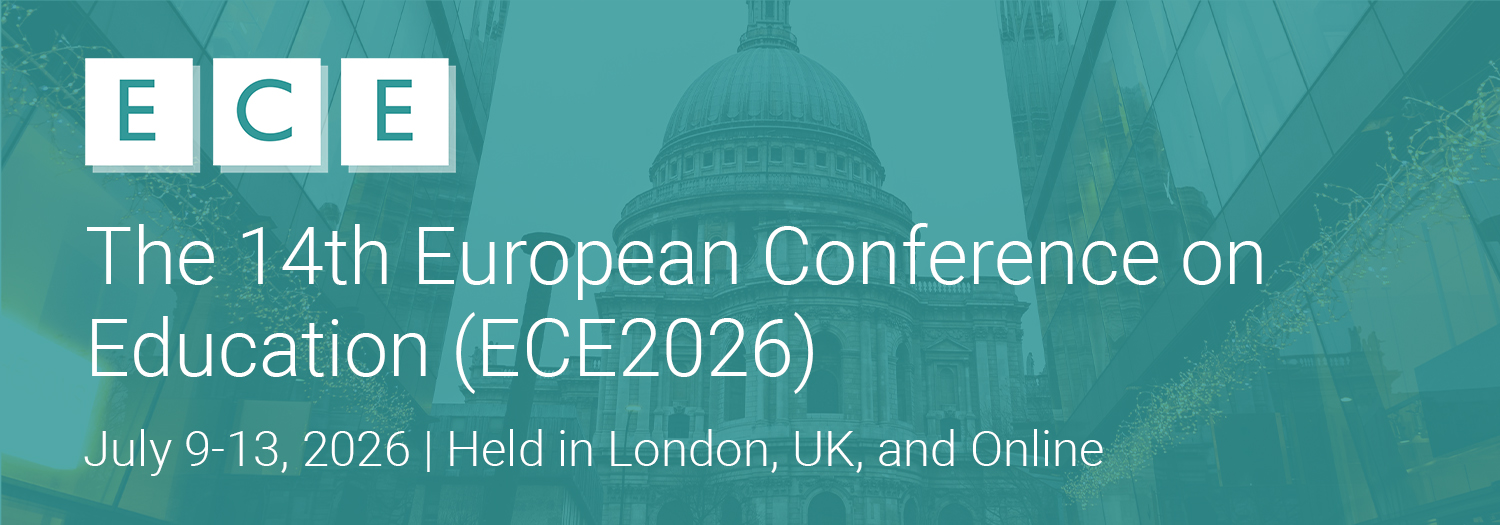This talk draws on data from the Aspires/Aspires2 study – a large, national, mixed methods project, which sought to understand the subject choices and career aspirations of young people aged 10-18. A cohort of students were tracked from primary through secondary school, via five surveys with over 40,000 students and in-depth longitudinal interviews with 60 students (and their parents) between age 10 and 18. Focusing in particular on students' science choices and aspirations – as an example of an area which is widely recognised as being of acute policy concern – the talk unpicks the complex social and cultural factors that shape student “choices” and produce persistent patterns in post-16 participation. The talk concludes with suggestions for policy and practice, including evidence of a promising pedagogical approach for improving students' science engagement.
“It’s interesting, but not for me”: understanding what shapes student subject choice and career aspirations age 10-18

